It's entirely inaccurate to paint yours truly as a Dune hater, even in the slightest. All you need do is (A) re-read my review where I talked about what the film meant to me as a viewer; or (B) take a good listen to this week's Above The Bar Podcast here where I very clearly communicated what an overwhelming impressive visual accomplishment the film is. Like most films with heavy ambition, it ain't perfect ... but I stated that it's an epic that deserves being seen if for no other reason that you're going to see very few flicks of its scope in your lifetime.
So let's put that 'hating business' to bed right now.
In any event, those of us who drink heartily from the trough of Science Fiction and Fantasy have cause to celebrate as word has finally reached us with confirmation: Warner Bros. has greenlit Part One's sequel -- likely to be called "Dune: Part Two" -- based on the performance of the Denis Villeneuve feature. And hopefully by the time it hits screens (more on that in a moment) we'll all learn how to properly pronounce the director's last name.
But ... it's good news and bad news, so far as this genre knucklehead is concerned.
For example, I mentioned on the Above The Bar Podcast that Villeneuve is already on record saying when asked about Part Two how it would be Chani's film. (FYI: Chani is the love interest of Paul Atreides, and she's played in this version by Zendaya.) That revelation might have some of us familiar with the material scratching our heads; while Chani is a key character in the Dune saga, she's certainly not the focus of Paul's journey as a character. How she can become so central as to possibly take the story away from House Atreides makes me cringe just a bit. Will Dune go 'woke'? Perish the thought! But I still think the franchise is in the best hands possible at this point.
Still, this curious approach to the property -- making one film but withholding production on the whole book -- is not going to do any of us any favors.
Because of the set-up, Villeneuve has confirmed that ABSOLUTELY ZERO WORK has been done in preparation for Part Two. (For those of you insisting that "No, no, no, he's already filmed some of Part Two while doing Part One" I'd encourage you to do some serious reading on Hollywood math: this only happens IF a Part Two has been approved. You can't spend investor capital on unapproved projects. While there could be some unused footage still in the can that could be used for flashbacks and the like, that's likely all there is.) And because he was never given a greenlight during Part One's production, the director is now committed to other projects: the latest word to reach the Information Superhighway is that he won't be able to even think about the sequel until late 2022, which makes Warner Bros.'s insistence of a 2023 release incredibly unlikely.
At this point, I think we'll be lucky to see Part Two in theatres until, maybe 2024 at the soonest, possibly 2025. Big productions typically fall behind schedule because, well, they're big productions. An awful lot of moving pieces have to come into place before it all intersects properly, so don't buy your tickets any time soon.
I'll take the win, nonetheless. It's great to know that we're going back to Arrakis. I just wish it was sooner instead of later.
As always, thanks for reading ... and live long and prosper!
-- EZ

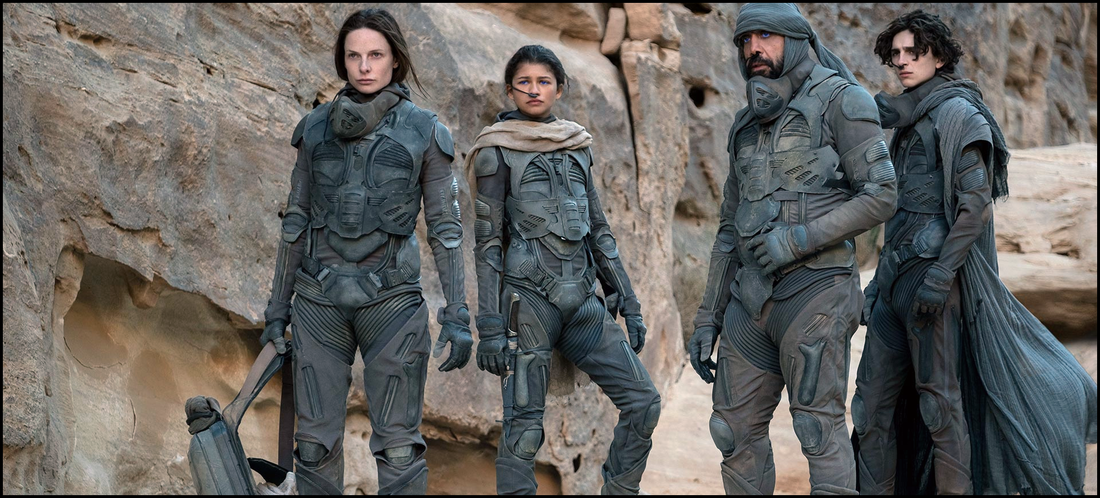
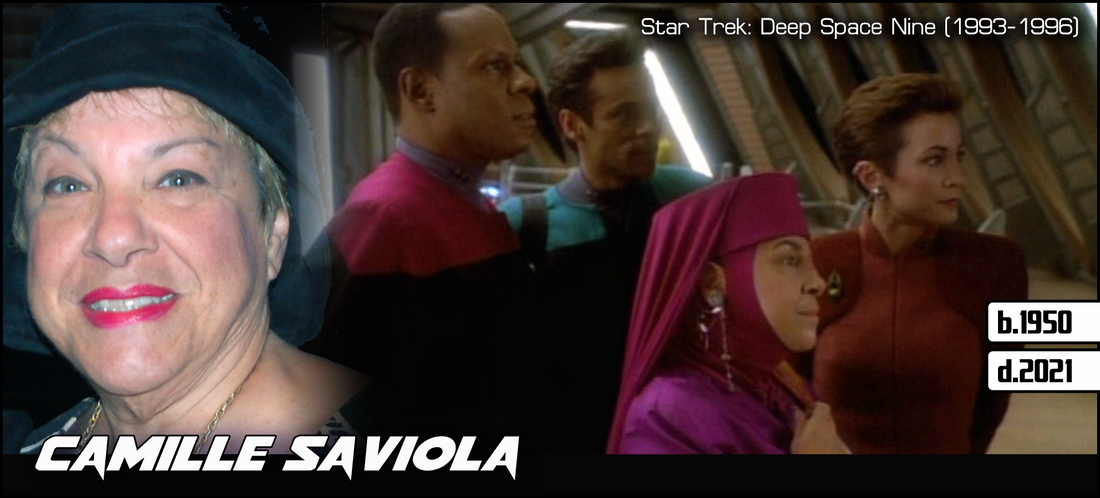

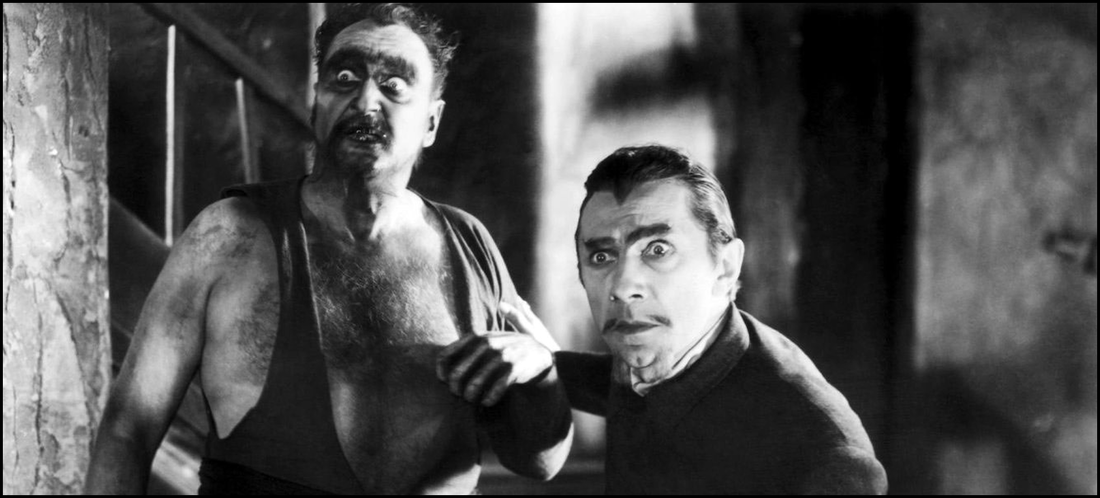




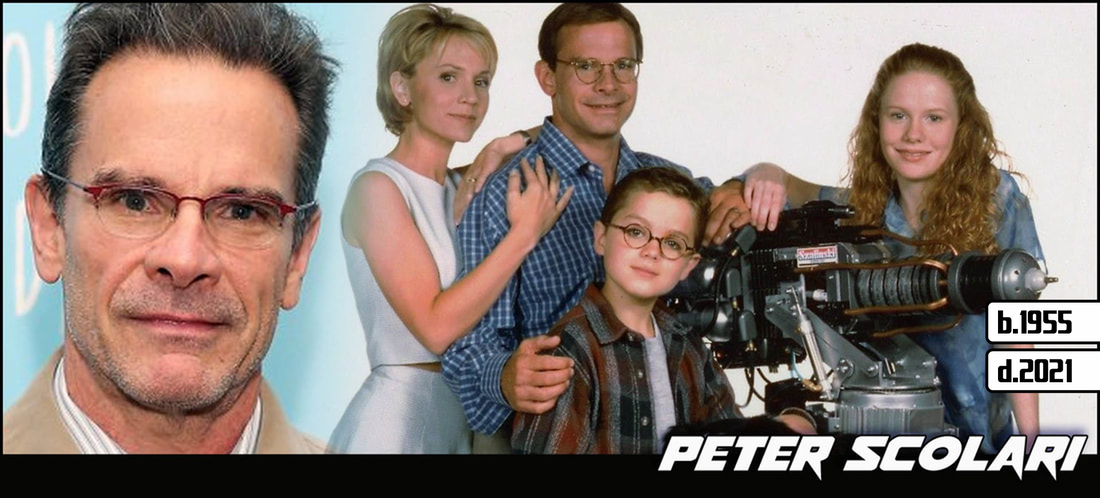
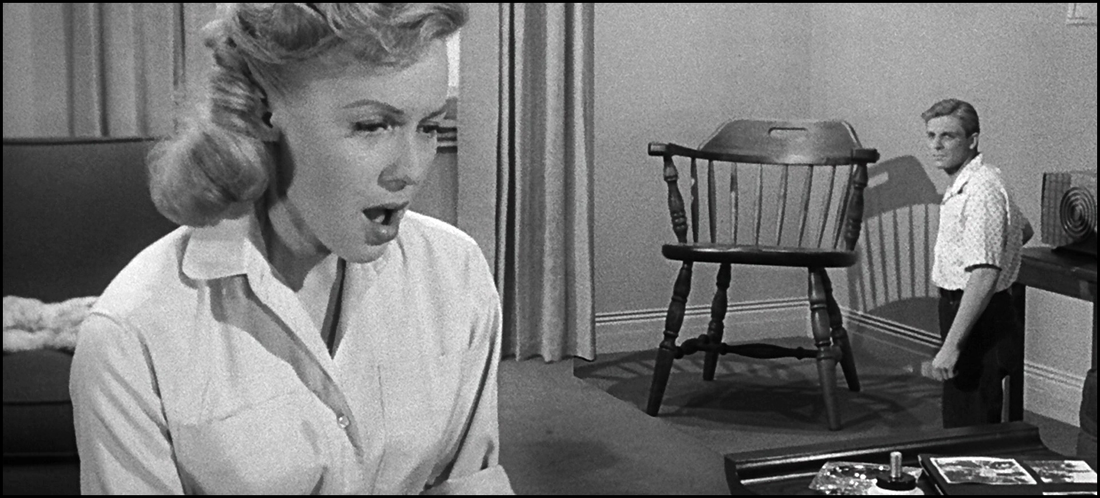
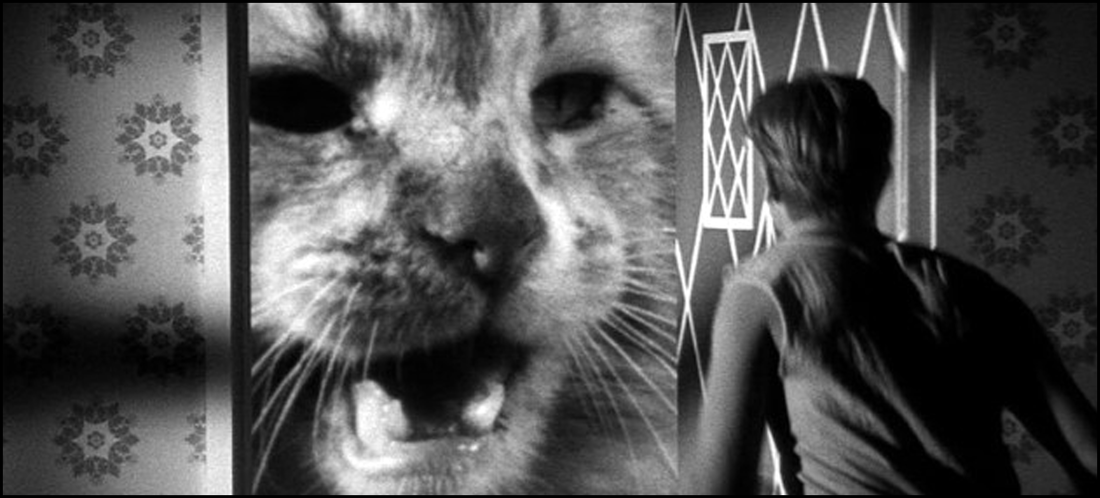
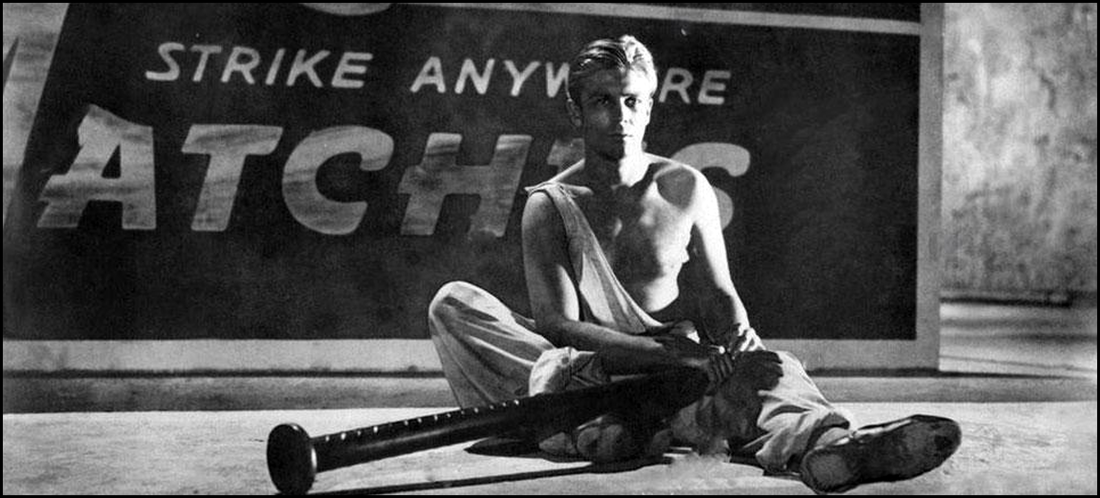
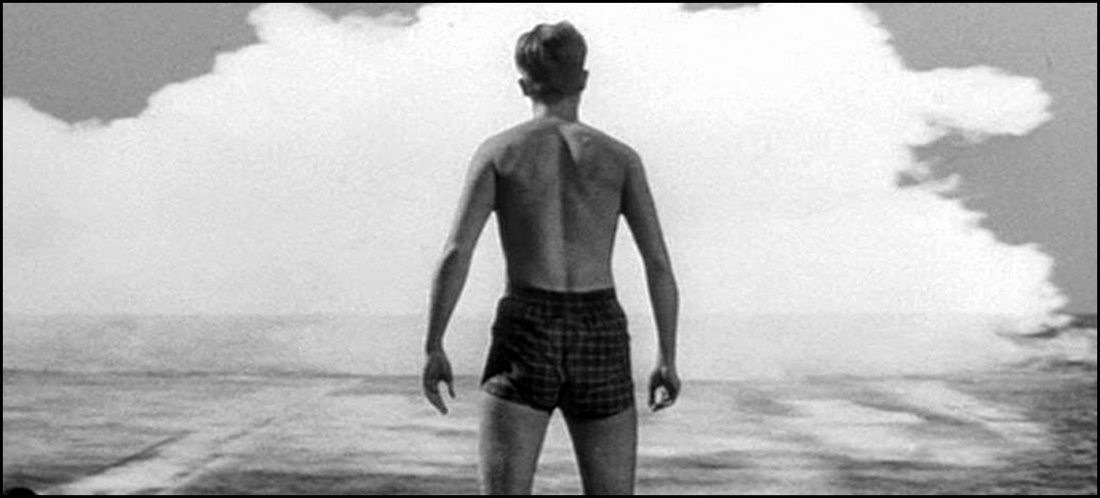

 RSS Feed
RSS Feed